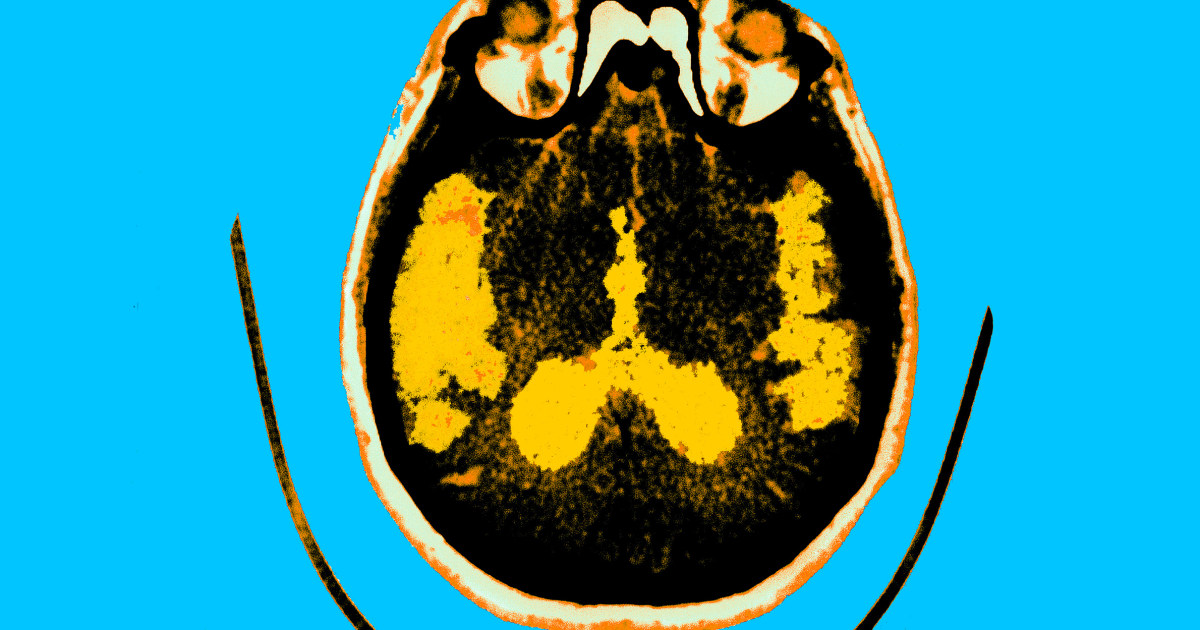Researchers at atlanTTic, the telecommunications technology center of the University of Vigo, have been working for seven years to create
Panoramix
, a video game that, according to its designers, opens up a world of possibilities to combat dementia and Alzheimer's.
It is an apparently simple system, but it is capable of detecting in just 40 minutes those first hidden signs of cognitive deterioration that are there "long before the symptoms appear", explains Luis Anido, professor of Telecommunications and member of the project.
The application has been selected to form part of the European platform Gatekeeper, which, with funding from the EU, offers technological tools that improve the lives of the elderly in an increasingly aging continent.
Panoramix
is made up of seven games that test different parts of memory and can be used on tablets and mobile phones.
The way the user interacts is what allows the machine to capture the clues that indicate that the human brain is beginning to fail.
Detects if the player “is healthy;
if you have mild cognitive impairment, which is the beginning of dementia;
or if you already have dementia.”
Its inventors believe that it could be offered in the waiting rooms of health centers or hospitals or in day centers.
Anido points out, yes, that it is "a screening system": "The alarm signals must then be verified by a medical specialist."
The atlanTTic research center is currently negotiating with the Xunta to test the technology in public health centers in Galicia.
Two researchers from the University of Vigo supervise how Aníbal, affected by Alzheimer's, plays with Panoramix, last Friday.ÓSCAR CORRAL
Panoramix
would help shorten diagnosis times for ailments in which early detection is vital to improve the quality of life of patients.
Cases suspected of suffering from dementia or Alzheimer's arrive at the neurologist's or geriatrician's office when cognitive deterioration has already advanced, while these games set off the alarms earlier.
The atlanTTic researchers are now investigating whether the video game also serves to establish
a priori
the probability that a person may develop dementia.
They still have no results.
One of the games analyzes, for example, episodic memory.
It consists of a walk through a city in which a series of objects appear that, in a second tour, the person has to identify.
The user does not even perceive that he is being evaluated, its designers point out, an important advantage to promote an early diagnosis in those who suffer from the so-called "white coat effect", that is, they are wary of going to the doctor or behave differently when they are in front of him.
More information
A study links a higher risk of dementia with a sedentary life in front of the television
Researchers have located several hidden cases of cognitive impairment among the more than 150 people with whom they have tried
Panoramix
, Anido says.
Over the last year, 40 patients from the Association of Relatives of Patients with Alzheimer's and other Dementias of Galicia (Afaga) in Vigo have taken their first steps with the video game.
Thanks to this collaboration, it is being analyzed whether the application is also effective in slowing down the progress of a disease that still has no cure.
"This tool breaks the barrier of formal tests, which generate stress and can even give erroneous results if a person is constantly subjected to them," says Iván Rarís, the NGO's project manager.
At Afaga they are surprised at how well the older people they serve have received the video game.
"There is an enormous adaptation work by researchers", highlights Rarís.
"They love to play.
They break their routine and they like it”.
In the association they have observed that the patients "come to
Panoramix
with more will", an important factor because among those who suffer from Alzheimer's "there is a lack of awareness of the pathology and uncooperative profiles".
It allows you to work with several people at the same time, carry out individual monitoring and personalize the games with the tastes of each user.
Rarís adds that
Panoramix
could become "the eyes of the neurologist", an important use because dementias are "living diseases", which evolve and require many medication adjustments.
“Families cannot cope with the waiting times of the classic circuit [going through the family doctor and then waiting for an appointment with the specialist] and this application already marks the evolution of the pathology”.
In addition, he considers that it would serve to alleviate another growing difficulty: "Family environments are only shrinking and doctors have less and less information."
More information
Alzheimer's: how we try to stop the disease
To decipher the human brain,
Panoramix
drinks from
machine learning
, that artificial intelligence technology that analyzes large amounts of data and identifies patterns, the same one that is behind, for example, movie recommendations on audiovisual platforms.
His games also have "a scientific basis", they are designed "on the basis of conventional elements of neurological evaluation", Anido abounds.
Experts in psychology from the University of Santiago de Compostela and doctors from the Álvaro Cunqueiro hospital in Vigo have collaborated in its creation, and it is the result of various investigations carried out since 2015, based on the doctoral thesis of the engineer Sonia Valladares.
The professor of Telecommunications argues that it was this "high level of technological maturity" that led to
Panoramix
has been selected by the European platform Gatekeeper from among 114 proposals from 23 different countries along with 10 other projects.
“Galicia has to become a European pole of knowledge on aging because our present is the future of Europe.
And new technologies are key to responding to the care that this increasingly aging society needs”, concludes the head of projects for the Galician association of relatives of Alzheimer's patients.
Subscribe to continue reading
read without limits
Keep reading
I'm already a subscriber








